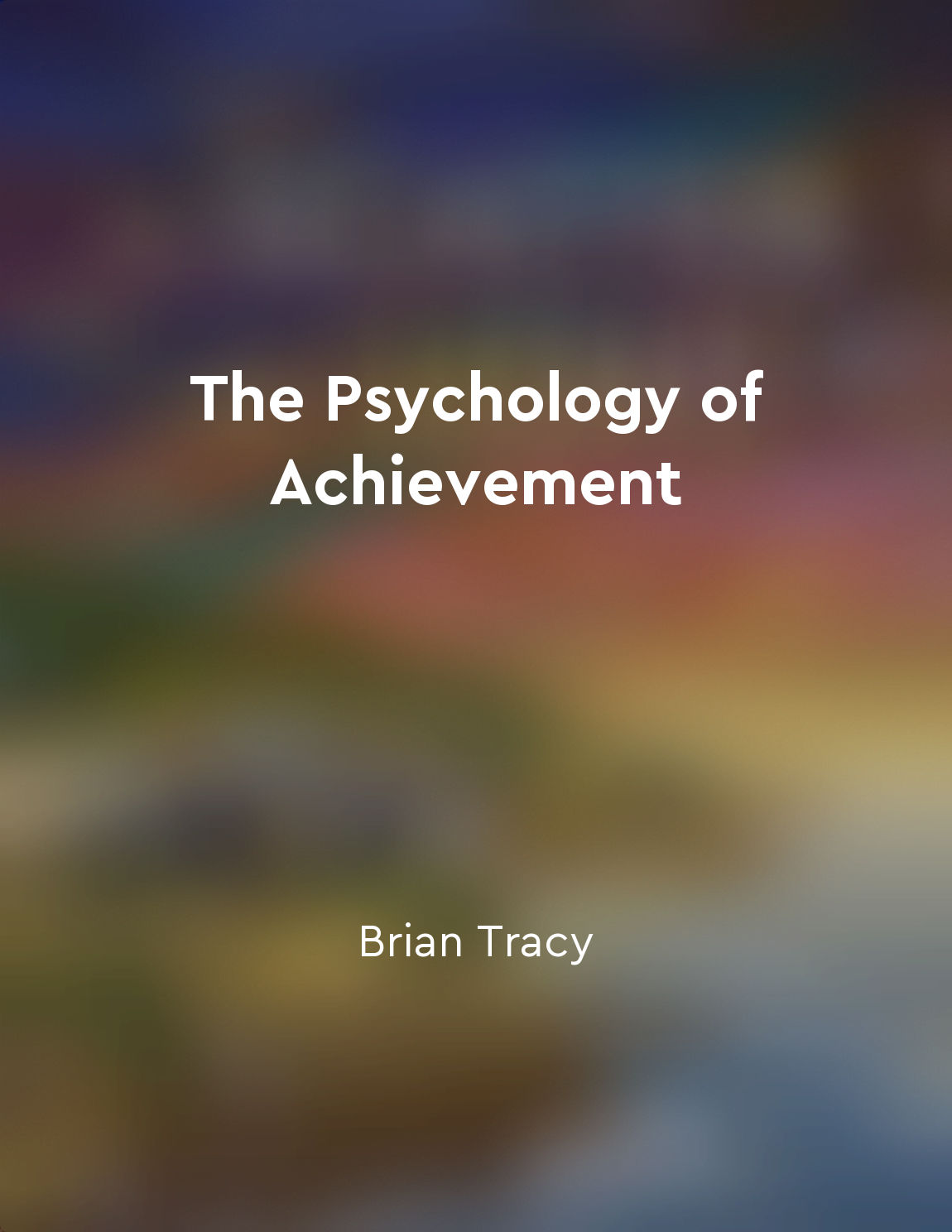Managing stress effectively from "summary" of The Topper Prepares by Soum Paul
Stress is an inevitable part of life, especially when one is preparing for a competitive exam. However, what sets successful candidates apart is their ability to manage stress effectively. This involves a combination of self-awareness, self-regulation, and coping strategies that help individuals navigate through challenging times without becoming overwhelmed. Self-awareness is the first step in managing stress effectively. It involves recognizing your stress triggers and understanding how they impact your thoughts, feelings, and behavior. By being aware of your stressors, you can take proactive steps to avoid or minimize them, thus reducing the overall level of stress in your life. Self-regulation is the next crucial component in effective stress management. This involves developing healthy coping mechanisms and strategies to deal with stress when it does occur. Techniques such as deep breathing, mindfulness meditation, and physical exercise can help regulate your emotions and calm your mind during stressful situations. Additionally, setting boundaries, managing time effectively, and seeking social support are all ways to regulate stress levels and prevent burnout. Coping strategies are essential tools in the stress management toolbox. These include activities that help you relax and unwind, such as listening to music, practicing yoga, or spending time in nature. Engaging in hobbies and interests outside of studying can provide much-needed mental and emotional relief, allowing you to recharge and come back to your studies with renewed focus and energy.- Managing stress effectively is a skill that can be learned and practiced over time. By cultivating self-awareness, self-regulation, and coping strategies, you can navigate the challenges of exam preparation with resilience and grace. Remember, it is not about eliminating stress entirely, but rather about developing the tools and techniques to cope with it in a healthy and productive way.
Similar Posts
Important diagrams included for visual learning
This book incorporates a unique feature that enhances the learning experience through visual aids. The inclusion of important d...
Explanation of common errors and how to avoid them
The concept of avoiding common errors is crucial for success in competitive exams. These errors can range from simple mistakes ...
The Paleo diet is a longterm lifestyle choice, not a quick fix
The Paleo diet is not a temporary solution to your health and wellness goals. It is not a quick fix that promises instant resul...

Being mindful of the chemicals we expose ourselves to is important
It is crucial to pay attention to the chemicals that we come into contact with on a daily basis. From the products we use to cl...

Take calculated risks
Taking calculated risks is an essential component of achieving success in any area of life. It involves weighing the potential ...
Engage in enjoyable activities
One way to lift your mood is to engage in enjoyable activities. By doing things that you find pleasurable or rewarding, you can...
Relaxation techniques can promote a sense of inner peace
Relaxation techniques have the power to induce a state of inner peace and calm within individuals. By engaging in these techniq...
Seek help from tutors if needed
If you find yourself struggling with certain aspects of your IELTS preparation, it is important to remember that you do not hav...

Create a safe space for relaxation
When you feel stressed out or overwhelmed, it's important to have a place where you can relax and unwind. This space should be ...
Harness the power of habits
Habits are like pathways in our brain that we have traveled so many times that they have become automatic. They require less me...

